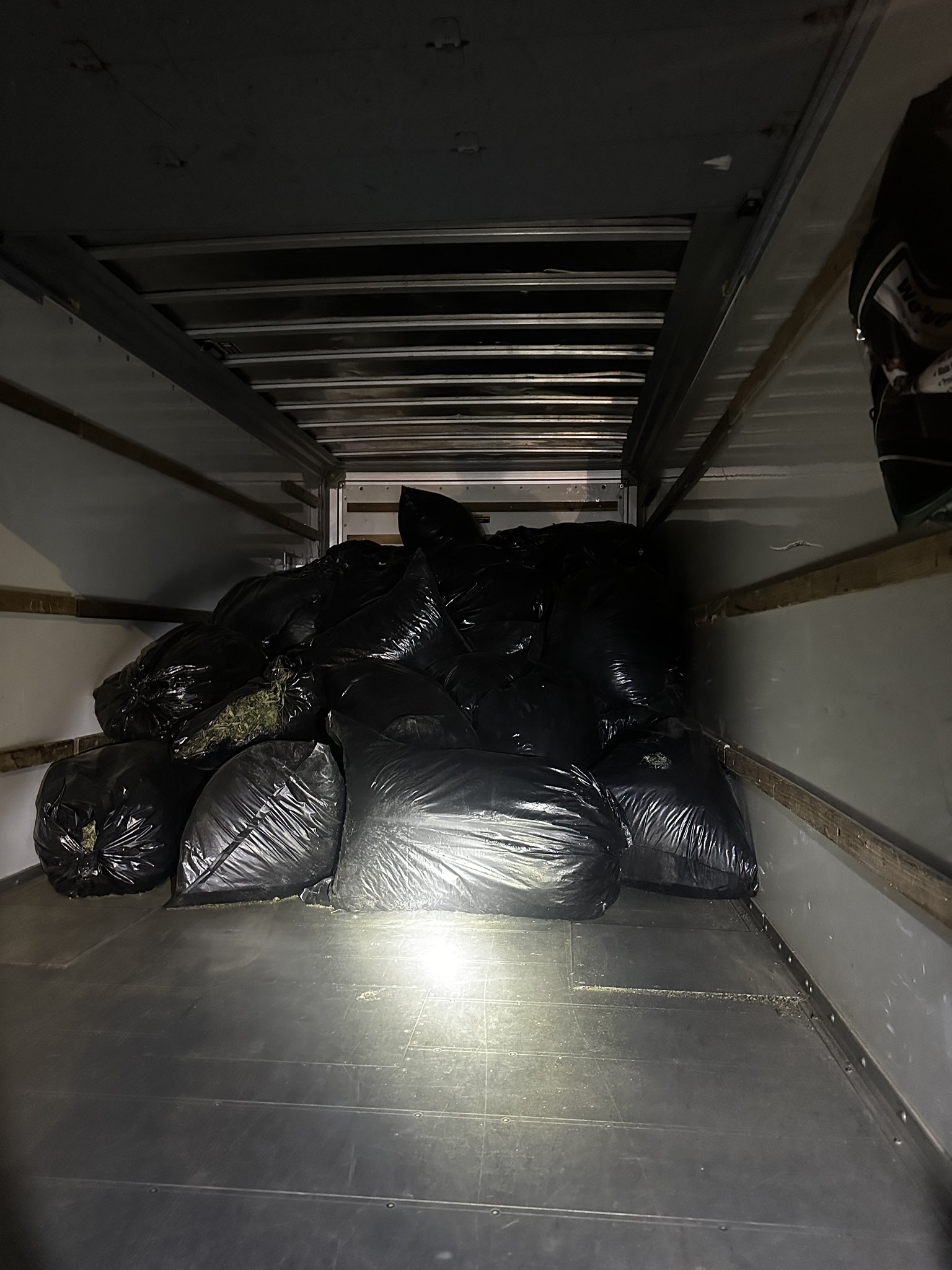After bird flu was detected in a stray cat in Half Moon Bay this week, health officials in San Mateo County are urging pet owners to contact a veterinarian if their pet shows any symptoms of the virus.
A family had taken in the cat, and when it seemed sick they took it to the Peninsula Humane Society. Veterinarians examined it, and lab results on Tuesday confirmed the cat had H5N1, or avian influenza, according to San Mateo County health officials.
It's not known how the cat became infected, but county officials said the cat's illness isn't connected to a recent bird flu case confirmed in backyard poultry in San Mateo. The cat was euthanized due to its condition.
Cats can be exposed to H5N1 from eating an infected bird, being in environments contaminated with the virus, eating raw food and drinking unpasteurized milk from infected cows. Indoor pets that go outside can also be at risk for infection, county officials said.
The family that took in the stray cat hasn't shown signs of illness, according to the county. The Centers for Disease Control and Prevention advises that the risk of cats spreading H5N1 to people is extremely low, but said it is possible for cats to spread some strains of bird flu to humans.
If a pet is showing signs of the illness and has been exposed to infected (sick or dead) wild birds or poultry, pet owners should contact a veterinarian and monitor their own health for signs of fever or infection.
"We all want to make sure our companion animals are healthy and safe from disease," said Lori Morton-Feazell, San Mateo County's chief of Animal Control and Licensing. "If your pet is sick, your veterinarian can determine whether it should be tested for bird flu or any other virus or disease."
Local
County officials said the feline case isn't linked to a case of H5N1 found in a San Mateo backyard poultry flock, which health officials confirmed on Tuesday.
While there are currently no human cases of H5N1 connected to the backyard flock, county officials are urging poultry owners to be vigilant for signs of the virus and to take appropriate measures, such as washing hands before and after handling birds and disinfecting footwear.
Get a weekly recap of the latest San Francisco Bay Area housing news. Sign up for NBC Bay Area’s Housing Deconstructed newsletter.
"It's important for residents who keep chickens and other birds in their yards to protect their flock and themselves from H5N1," said Koren Widdel, the county's agricultural commissioner. "There are simple actions every flock owner can take to prevent the disease from spreading."
Avian influenza is widespread among wild birds and is causing outbreaks in poultry and U.S. dairy cows,
Experts said the primary species carrying bird flu are waterfowl -- primarily ducks and geese.
"When they poop or when they sneeze and cough in close proximity to domestic animals, specifically backyard chickens, they can spread the virus," said Maurice Pitesky, an associate professor at UC Davis Veterinary Medicine Extension.
There have also been several recent cases of avian influenza reported in dairy and poultry workers.
There have been 67 reported human cases of bird flu in the U.S., including 38 in California. Nationwide, one death has been attributed to the virus, according to the CDC.
Residents whose pets show signs of illness should contact their veterinarian.
Some symptoms of pets with H5N1 may be a loss of appetite, lethargy and fever, along with neurologic signs that include circling, tremors, seizures or blindness. The illness may quickly progress to discharge from eyes or nose, and respiratory signs such as rapid shallow breathing, difficulty breathing and sneezing or coughing. Pets with severe illness may die.
More information about bird flu can be found at https://www.cdc.gov/bird-flu/situation-summary/index.html .



